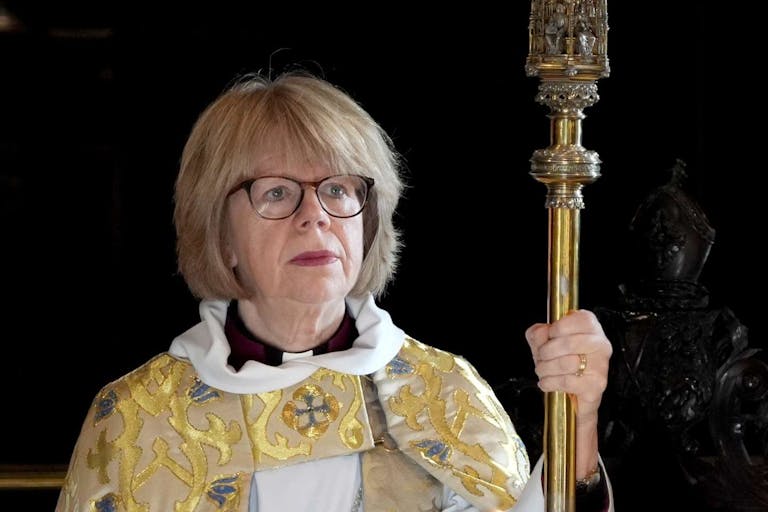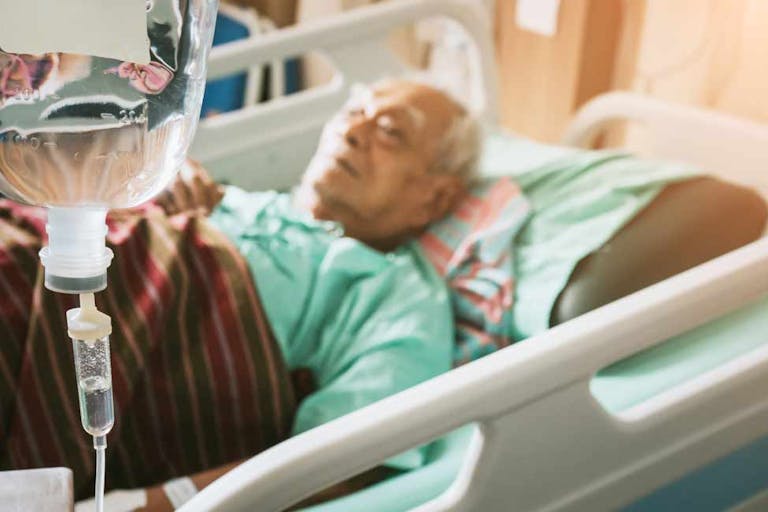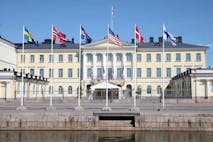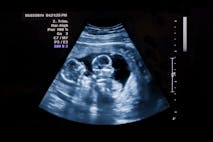
New Archbishop of Canterbury warns of danger in legalizing assisted suicide
Nancy Flanders
·
HORRIFIC: Netherlands allows doctors to forcibly euthanize dementia patients
The Netherlands sparked international outrage after a 2017 report stated an elderly woman with dementia was forcibly euthanized. Her doctor first drugged her with a sedative, and then instructed her family to hold her down as she fought back. The doctor was eventually cleared of all charges after several years, but the Dutch government has now loosened their euthanasia regulations to make sure no doctor will have to worry about such charges again.
According to the NL Times, an English-language news source, The Netherlands’ five regional euthanasia review committees (RTEs) announced an adjustment to the requirements in the Euthanasia Code, with the express goal of making it easier for doctors to euthanize patients with dementia. “Doctors now have to worry less about putting their necks in a noose with euthanasia,” Jacob Kohnstamm, RTE chairman, said to the Volkskrant. “They can be less afraid of the judiciary. Or of the review committees.”
A dementia patient’s request now no longer has to be “legally perfect,” and a doctor no longer needs to get verbal approval from a dementia patient before euthanizing him or her. “Such a conversation is pointless, because such a patient lacks understanding of these topics,” the euthanasia code now reads. Doctors can also sedate a patient without his or her knowledge if they fear the patient will be resistant or aggressive, and it is up to the doctor to decide if the patient is suffering unbearably and hopelessly.
READ: Euthanasia expert in the Netherlands expects deaths to double in a decade
While euthanasia advocacy groups are cheering the change, others are pushing back. Dr. Jaap Schuurmans, who researches pressure put on elderly patients to be euthanized, told the Telegraph the change is deeply problematic. “This freedom has been there in law from the beginning, but the law is being interpreted more and more broadly,” Schuurmans, a general practitioner, said. “Nobody can look inside the head of someone with dementia. It is an image that conjures up societal anxiety and dementia is not seen as a heroic death. But the question is: who is really suffering?”
In Schuurmans’ research, it was found that the most pressure for euthanasia comes not from the patient, but from their family, with the study reading, “Many participants had experienced situations in which family members said their parent’s life was not dignified anymore.” The study also pointed out that in The Netherlands, “society considers dementia as a disease with hardly any quality of life, with euthanasia often being perceived as a more dignified alternative.”
The Netherlands is becoming more and more concerning in regards to embracing death; over a quarter of all deaths are now induced, including people with mental illnesses and children. Now, doctors can seemingly decide for themselves if someone with dementia still has a life worth living — and legally kill them without bothering to tell them or get their approval first.
“Like” Live Action News on Facebook for more pro-life news and commentary!
Live Action News is pro-life news and commentary from a pro-life perspective.
Contact editor@liveaction.org for questions, corrections, or if you are seeking permission to reprint any Live Action News content.
Guest Articles: To submit a guest article to Live Action News, email editor@liveaction.org with an attached Word document of 800-1000 words. Please also attach any photos relevant to your submission if applicable. If your submission is accepted for publication, you will be notified within three weeks. Guest articles are not compensated (see our Open License Agreement). Thank you for your interest in Live Action News!

Nancy Flanders
·
Politics
Nancy Flanders
·
Politics
Rebecca Oas, Ph.D.
·
Abortion Pill
Angeline Tan
·
International
Bridget Sielicki
·
International
Angeline Tan
·
Analysis
Cassy Cooke
·
Activism
Cassy Cooke
·
Pop Culture
Cassy Cooke
·
International
Cassy Cooke
·
Analysis
Cassy Cooke
·